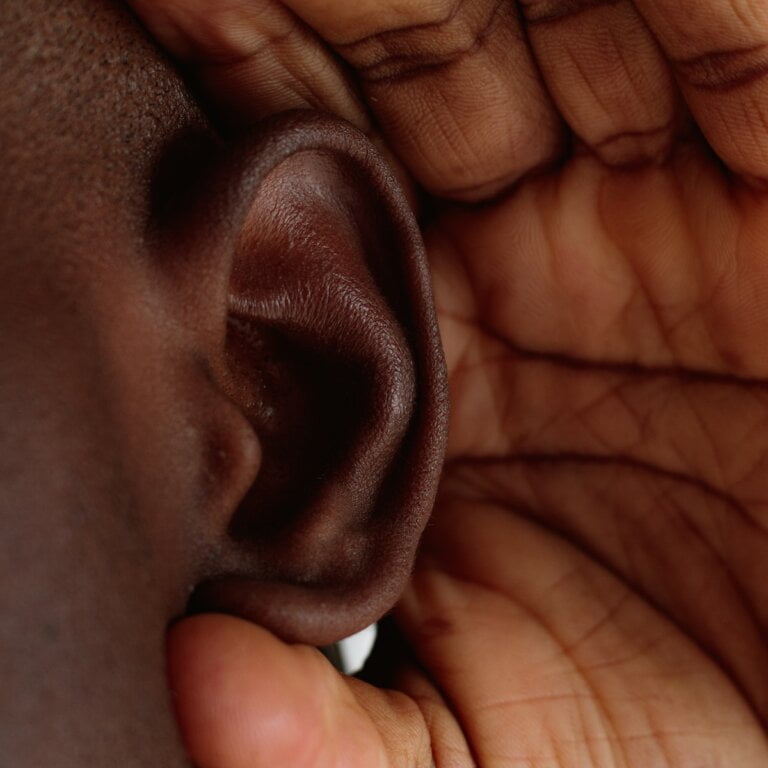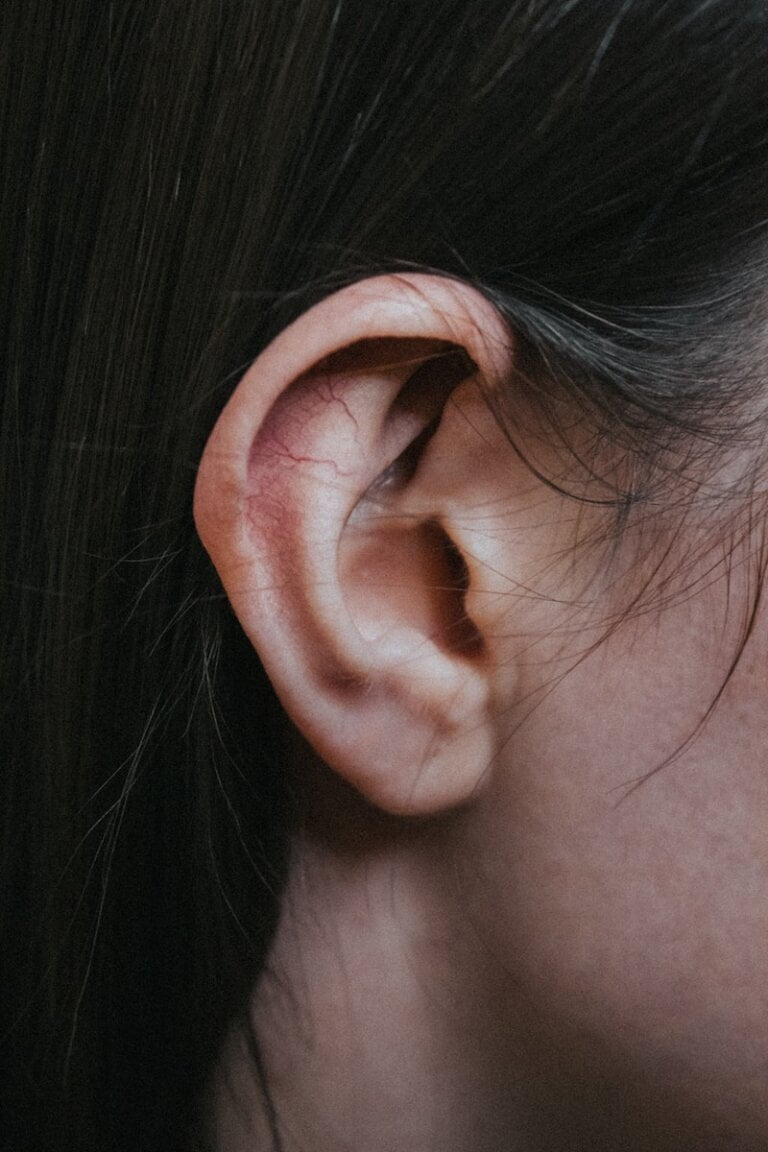Hearing Health from Within: The Role of Nutrition in Ear Wellness
Last Updated on 3rd May 2024 by Admin
In our fast-paced world, we often prioritize our physical health, forgetting the importance of maintaining our hearing health. However, the truth is that our ears are delicate organs that require proper care and attention. While we may be aware of the role of genetics, age, and exposure to loud noises in affecting our hearing, we often overlook the significant impact that nutrition can have on our ear wellness. In this article, we will explore the crucial role of nutrition in maintaining and improving our hearing health.
The Importance of Good Nutrition for Ear Wellness
Just like any other part of our body, our ears require essential nutrients to function optimally. Proper nutrition plays a vital role in preventing age-related hearing loss, reducing the risk of ear infections, and promoting overall ear wellness. By fueling our bodies with the right nutrients, we can support the intricate mechanisms within our ears and maintain good hearing health throughout our lives.
When it comes to ear wellness, several key nutrients play a significant role in maintaining and improving our hearing health. These nutrients include omega-3 fatty acids, antioxidants, zinc, and magnesium. Let’s explore each of these nutrients in more detail and understand how they contribute to ear wellness.
Key Nutrients for Ear Wellness
1. Omega-3 Fatty Acids
Omega-3 fatty acids are known for their numerous health benefits, and their positive impact on ear health is no exception. These essential fats help reduce inflammation in the body, including the ears, which can prevent damage to the delicate structures responsible for hearing. By incorporating omega-3 fatty acids into your diet, you can support the health of your ears and reduce the risk of age-related hearing loss.
Sources of omega-3 fatty acids include fatty fish such as salmon, mackerel, and tuna. These fish are not only rich in omega-3 fatty acids but also provide a good source of protein, which is essential for tissue repair in the ears. If you follow a vegetarian or vegan diet, you can obtain omega-3 fatty acids from plant-based sources such as walnuts, flaxseeds, and chia seeds. Adding these foods to your diet can be a great way to improve your ear wellness.
2. Antioxidants
Antioxidants play a crucial role in protecting our ears from oxidative stress, a process that can damage the delicate structures within the ear. Including foods rich in antioxidants in our diet can help combat this oxidative stress and promote better ear health.
Berries, such as blueberries, strawberries, and raspberries, are excellent sources of antioxidants. These small fruits are not only delicious but also packed with powerful antioxidants that can combat oxidative stress in the ears. Dark chocolate is another antioxidant-rich food that can benefit ear health. Additionally, leafy greens such as spinach and kale, as well as green tea, are rich sources of antioxidants that can support overall ear wellness.
3. Zinc
Zinc is an essential mineral that plays a significant role in maintaining ear health. It aids in the production of new cells and proteins, which are necessary for the repair and maintenance of the structures within the ear.
Including foods rich in zinc in your diet can help support the repair and maintenance of the structures within the ears. Oysters are an excellent source of zinc and can be included in your diet to promote ear wellness. Other food sources of zinc include beef, poultry, beans, nuts, and whole grains. By incorporating these foods into your meals, you can ensure an adequate intake of zinc and support the overall health of your ears.
4. Magnesium
Magnesium is an often-overlooked mineral when it comes to ear health, but it plays a crucial role in protecting the delicate hair cells in our ears. These hair cells are responsible for converting sound vibrations into electrical signals that our brain can interpret as sound.
Consuming magnesium-rich foods can support the health of these hair cells and help prevent hearing loss. Leafy greens such as spinach, nuts, seeds, and whole grains are all excellent sources of magnesium. By including these foods in your diet, you can provide your body with the necessary magnesium to promote optimal ear wellness.
Foods to Include in Your Diet for Optimal Ear Wellness
Now that we understand the importance of various nutrients for ear wellness, let’s explore some specific foods that can help improve and maintain our hearing health:
- Salmon: Rich in omega-3 fatty acids, salmon is an excellent choice for supporting ear health. It also provides a good source of protein, which is essential for tissue repair in the ears. Including salmon in your diet can provide the necessary nutrients to promote optimal ear wellness.
- Spinach: Packed with antioxidants and magnesium, spinach can help protect the delicate structures within our ears and support overall ear wellness. Adding spinach to your salads, smoothies, or cooked dishes can be a great way to incorporate this nutritious leafy green into your diet.
- Blueberries: These small berries are not only delicious but also packed with antioxidants that can combat oxidative stress in the ears. Including blueberries in your diet can help reduce the risk of age-related hearing loss. Enjoy them as a snack, add them to your breakfast cereal, or blend them into smoothies for a tasty and nutritious treat.
- Almonds: Almonds are a great source of vitamin E, which is known to help reduce the risk of age-related hearing loss. Additionally, they provide magnesium, healthy fats, and protein that are beneficial for ear health. Snack on a handful of almonds or add them to your salads and stir-fries for an extra nutritional boost.
- Citrus Fruits: Oranges, lemons, and other citrus fruits are high in vitamin C, which has antioxidant properties. Vitamin C can help protect the delicate structures of the inner ear and reduce the risk of hearing loss. Enjoy citrus fruits as a refreshing snack or incorporate them into your meals and beverages for a burst of citrusy goodness.
- Oysters: Oysters are an excellent source of zinc, essential for maintaining ear health. Including oysters in your diet can support the repair and maintenance of the structures within the ears. If you’re not a fan of oysters, other food sources of zinc include beef, poultry, beans, nuts, and whole grains.
By incorporating these foods into your diet, you can provide your body with the necessary nutrients to support optimal ear wellness. Remember that a well-rounded and balanced diet is key to overall health, including hearing health.
Conclusion
Taking care of our hearing health is essential, and one often overlooked aspect is nutrition. By incorporating key nutrients like omega-3 fatty acids, antioxidants, zinc, and magnesium into our diet, we can support the overall wellness of our ears. Remember to include foods such as salmon, spinach, blueberries, almonds, citrus fruits, and oysters for optimal ear health.
It’s important to note that while nutrition plays a significant role in ear wellness, it is always recommended to consult a healthcare professional or audiologist for personalized advice regarding your specific hearing health needs. By prioritizing nutrition and making informed food choices, we can actively contribute to the maintenance and improvement of our hearing health from within.
FAQ
Q1: Why is nutrition important for ear wellness?
A1: Nutrition is important for ear wellness because it provides essential nutrients that support the health of our ears, prevent age-related hearing loss, reduce the risk of ear infections, and promote overall ear wellness.
Q2: What are some key nutrients for ear wellness?
A2: Some key nutrients for ear wellness include omega-3 fatty acids, antioxidants, zinc, and magnesium.
Q3: What are some food sources of omega-3 fatty acids?
A3: Fatty fish such as salmon, mackerel, and tuna are good sources of omega-3 fatty acids. Plant-based sources include walnuts, flaxseeds, and chia seeds.
Q4: How does zinc contribute to ear wellness?
A4: Zinc aids in the production of new cells and proteins, which are necessary for the repair and maintenance of the structures within the ear. Good food sources of zinc include oysters, beef, poultry, beans, nuts, and whole grains.







